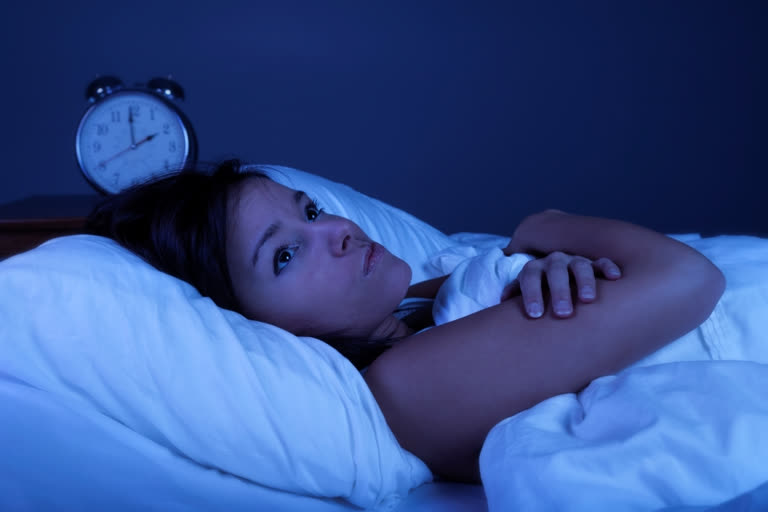Sleep deprivation, also known as insomnia, is a serious health problem which can negatively impact an individual's physical and mental health. Eye problems such as dryness and itching are commonly experienced after episodes of sleep deprivation, while long-term sleep deprivation comes with an increased risk for eye disease.
The cornea, which is the transparent tissue layer covering the eye, is essential for assuring the health and function of the eye. The cornea is maintained by stem cells, which divide to replace dying cells and repair small injuries. Corneal stem cell activity needs to be precisely tuned to assure an adequate output of new corneal cells, and deregulation of corneal stem cells can lead to eye disease and impaired vision.
In a study recently published in Stem Cell Reports, researchers Wei Li, Zugou Liu and colleagues from Xiamen University, China and Harvard Medical School, USA, evaluated how sleep deprivation impacts corneal stem cells. Their experiments in mice showed that short-term sleep deprivation increased the rate at which stem cells in the cornea multiplied.
At the same time, sleep deprivation altered the composition of the protective tear film, reducing the tear film antioxidants in sleep-deprived mice. The researchers found that the tear film composition had a direct impact on corneal stem cell activity and, encouragingly, the application of teardrops containing antioxidants reversed the excessive stem cell activity.
The study revealed that serious effects on corneal health, such as thinning and ruffling of the cornea and loss of transparency, were seen after long-term sleep deprivation. Further, corneas of long-term sleep-deprived mice contained fewer stem cells, suggesting that persistent stimulation of stem cell activity over longer periods led to exhaustion and loss of corneal stem cells.
These data suggest that sleep deprivation negatively affects the stem cells in the cornea, possibly leading to vision impairment in the long run. Further studies are required to confirm that similar processes are happening in human corneal stem cells and in patients, and to test if local antioxidant therapy may overcome some of the negative effects of sleep deprivation on corneal health.
So how to avoid insomnia and sleep better? Here are 6 excellent sleep-inducing foods that can help:
- Warm Milk: You must have heard it from your grandma, have a glass of warm milk before sleeping. The actual reason behind it is that milk contains tryptophan, along with calcium, melatonin, and vitamin D. All these four are sleep-promoting compounds. For a little flavor and additional health benefits, you can also add turmeric to it.
- Nuts: All nuts in varied amounts consist of minerals like magnesium, tryptophan, etc. along with melatonin. Some studies have shown that a combination of these contents helps in dealing with insomnia.
- Chamomile Tea: One of the most famous amongst the tea family, chamomile tea is considered to relieve stress and anxiety, which in turn helps to fall asleep better and faster. It contains flavonoids and apigenin, antioxidants, that are known to reduce insomnia.
- Kiwi: Vitamin C rich fruit, Kiwi is low in calories and high in nutrients. They contain antioxidants, melatonin, folate, magnesium, etc. all of which are known to help in promoting sleep.
- Turkey: No wonder why people enjoy a good night’s sleep after having turkey for dinner on Thanksgiving. Turkey is rich in protein as well as tryptophan, which promotes tiredness and as a result helps you sleep better.
- Fatty Fish: Being a good source of vitamin D and Omega-3 fatty acids, fatty fish like salmon, tuna, mackerel, etc. help in regulating serotonin. It also helps in improving the sleep quality and sleep cycle.
(With agency inputs)
Also read: Insomnia, Difficulty In Sleeping? Ayurveda Can Help


